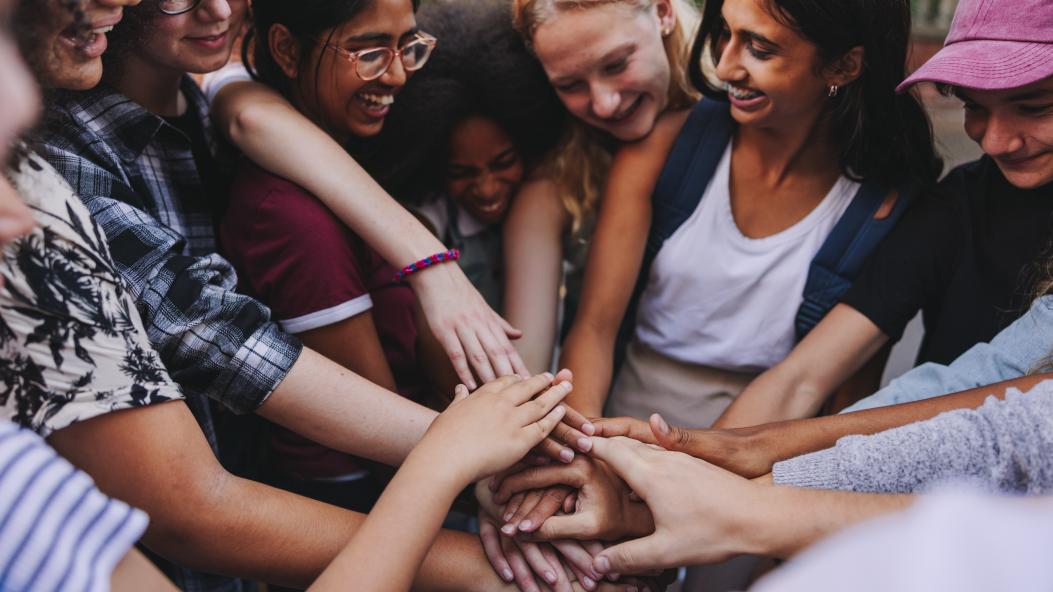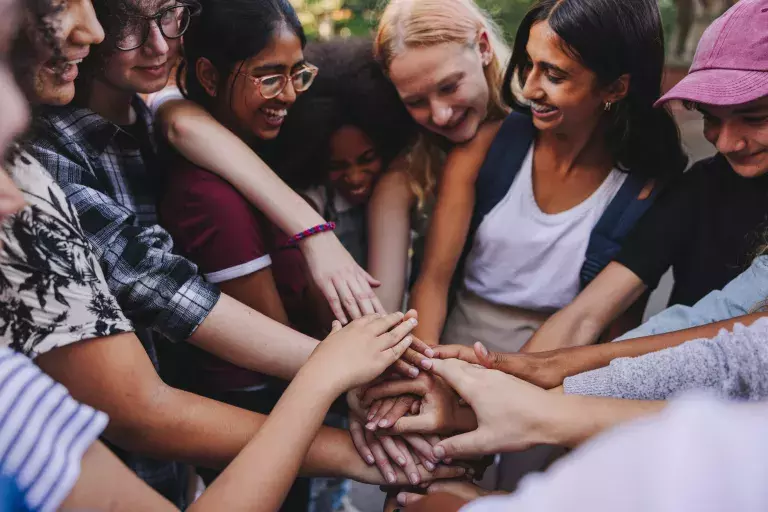by Wendy Bosquez
Lately, I feel there is a perception of a college education being less valuable than it once was. Since the pandemic, concepts such as the importance of mental health, self-care, and being your own boss are just a few examples of how society is reanalyzing the previously prioritized industrious American culture. While most of the focus is geared towards maintaining a better work/life balance, a piece of that conversation is centered around the traditional structure of college education and how it has or has not benefitted the middle class. According to the Pew Research Center’s 2022 survey results, in that year, four out of ten graduates with a bachelor’s degree made it to the top 20% of Americans. Meanwhile, current inflation rates have the potential to produce a dramatic decrease. Additionally, only 46% of college graduates work in their field of study, 29% report working in a different field, and 16% under the age of 54 are unemployed.
Judging by those statistics, one may question whether a college education is all it is cracked up to be. However, what if I were to tell you that the issue may not lie with gaining a college education, but rather the narrative that has been pushed off ‘when’ to obtain a college education?! The anecdote is usually graduate high school, go to college, attend graduate school if necessary, and there you have it; happiness and a career you love. While that may work well for the 46% of graduates currently in their field of study, it is undoubtedly not the anecdote for the remaining graduates.
Could there be a possibility that we do not all stick to our field of study because when we graduate high school, we aren’t really sure of who we are? Considering who you are now versus who you were five years ago, are you the same person? Maybe values have changed, perspectives, and ideologies. In some way, we grow and evolve within our own existence. This leaves the possibility that 18-year-old us wasn’t aware of who we were and where our passions lay. So, deciding what we wanted to do with the rest of our lives could have been a decision we weren’t ready to make.
Eighteen-year-old old me wanted to be a lawyer, and 32-year-old me wanted to be a psychologist, but it wasn’t until 37-year-old me figured out who she was, what she was passionate about, and what she could spend the rest of her life doing happily. I tried attending college at 18 and 32 but failed each time. Something didn’t connect. However, at 33, I began working in the pharmacy industry, moving up the ladder until I became an Inside Sales Representative in 2019. That’s when I discovered my talent and what I truly enjoyed doing. Connecting with others, whether patients, prescribers, or my colleagues, I was good at interpersonal communication. After looking into my organization’s college program, I found myself at UAGC as an honors student studying communication and completing my bachelor’s degree.
I am not claiming my path is the path everyone should take. Several factors may contribute to when and how we find ourselves. But the point is maybe we should ‘find ourselves” before making 4-year commitments to a version of ourselves that may change over time. There is nothing wrong with taking the scenic route in life, discovering passions, and reinventing ourselves until we find the formula for our own personal gratification. Once we have that formula, the most authentic version of ourselves will shine.

